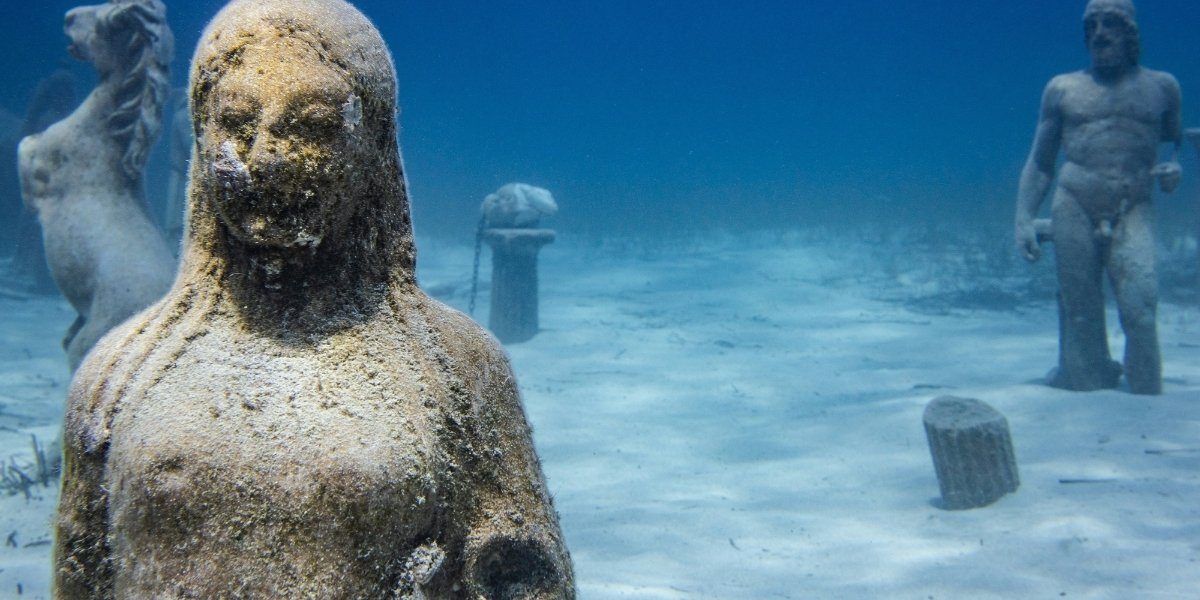The story of Atlantis has fascinated humanity for centuries. This mythical island, described by the ancient philosopher Plato, has captured imaginations with tales of a lost civilization submerged beneath the sea. More than just a legend, Atlantis serves as a powerful metaphor for human ambition, hubris, and the desire for a perfect society. Exploring the origins of the myth, its interpretations, and the ongoing quest to uncover its truth reveals why Atlantis continues to endure in popular culture and scholarly debate.
Read Also: From Pixels to Blockbusters: The Amazing Journey of Special Effects in Today’s Movies
What Is the Origin of the Atlantis Myth?
The earliest known account of Atlantis comes from Plato’s dialogues, Timaeus and Critias, written around 360 BCE. Plato described Atlantis as a prosperous island nation located beyond the “Pillars of Hercules,” or the Strait of Gibraltar. According to him, Atlantis was a powerful maritime civilization with advanced technology and magnificent architecture.
Plato’s story narrates how Atlantis attempted to conquer the known world but was ultimately destroyed by divine punishment, sinking into the ocean in a single day and night of catastrophe. The tale served as a cautionary allegory, warning against excessive pride and moral decay.
Although Plato presented the story as a historical account, many scholars debate whether Atlantis was purely fictional, a moral parable, or based on real ancient civilizations. Over time, the myth took on a life of its own, inspiring countless interpretations.
How Has Atlantis Been Interpreted Over Time?
Atlantis has been seen through various lenses across cultures and eras. During the Renaissance, explorers and thinkers speculated that Atlantis might have been a real place, sparking interest in locating its remains. Writers and philosophers used Atlantis to symbolize the quest for ideal societies, often linking it to utopian visions.
In the 19th and 20th centuries, the myth became entwined with occult and mystical beliefs. Some groups claimed Atlantis was an ancient source of spiritual wisdom, lost to history but accessible through hidden knowledge. This esoteric interpretation added layers of mystery and allure.
Modern archaeology and geology have provided explanations for some elements of the myth, such as sunken cities caused by natural disasters like earthquakes and tsunamis. Some researchers propose that Atlantis could be inspired by real events, such as the destruction of the Minoan civilization on Crete around 1600 BCE.
Why Does the Search for Atlantis Continue?
The search for Atlantis is driven by more than curiosity. It represents a human desire to reconnect with a lost past and understand the origins of civilization. Many expeditions and underwater explorations have sought evidence in locations ranging from the Mediterranean to the Caribbean.
Despite numerous claims and supposed discoveries, no conclusive proof has emerged to confirm Atlantis’s existence. Yet, the allure persists because Atlantis symbolizes the possibility of a lost golden age, a perfect society undone by its own flaws.
Psychologists suggest that Atlantis functions as a collective metaphor for human hopes and fears. It embodies the tension between progress and destruction, idealism and reality. This enduring power ensures the myth remains a topic of fascination in literature, film, and popular culture.
What Does Atlantis Represent as a Metaphor?
Beyond the literal search, Atlantis stands as a powerful metaphor for the consequences of human hubris and the fragility of civilization. Plato’s tale warns that even the greatest societies can fall if they stray from virtue and wisdom.
Atlantis also reflects the universal longing for utopia — a place of harmony, abundance, and peace. This ideal has been a recurring theme in philosophy and literature, from Plato’s Republic to modern dystopian critiques.
The myth invites reflection on environmental themes as well. The submergence of Atlantis can be interpreted as a symbol of nature’s power over humanity, reminding us that progress must respect ecological balance.
How Has Atlantis Influenced Culture and Imagination?
Atlantis’s impact on culture is vast and varied. It has inspired writers such as Jules Verne and H.P. Lovecraft, filmmakers like George Pal, and countless artists and musicians. The concept of a sunken utopia has permeated science fiction, fantasy, and adventure genres.
Atlantean themes appear in video games, comics, and television series, often depicting advanced ancient technology or mystical powers. These portrayals shape popular perceptions and keep the legend alive across generations.
Educationally, Atlantis serves as a case study in myth-making, history, and the intersection of fact and fiction. It encourages critical thinking about sources, cultural narratives, and the ways societies understand their past.
Read Also: How World Heritage Sites Preserve History and Nature
What Is the Enduring Legacy of the Atlantis Myth?
The legend of Atlantis endures because it resonates deeply with human nature. It reflects our fascination with lost knowledge, the rise and fall of civilizations, and the pursuit of perfection. Atlantis reminds us that no society is immune to downfall but also that hope persists in the idea of renewal.
Today, Atlantis continues to inspire exploration—both literal and intellectual. It challenges scholars to separate myth from history and encourages dreamers to imagine better worlds. The sunken utopia remains a symbol of mystery and possibility, inviting each generation to ponder what lies beneath the surface of history and human ambition.














